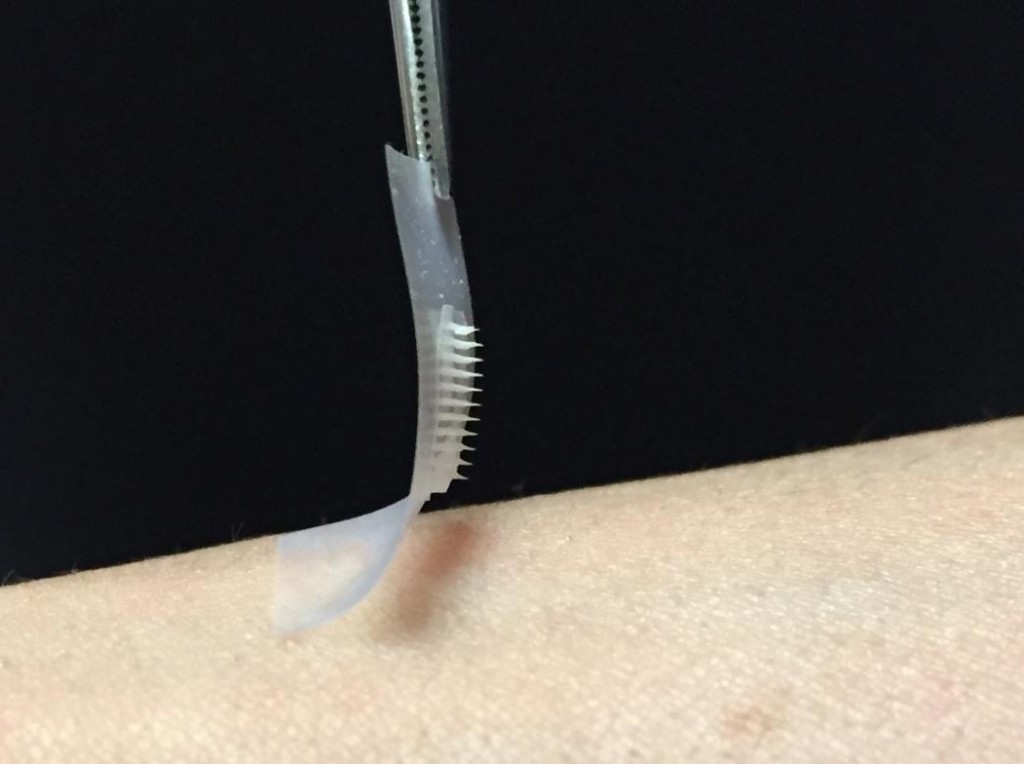November 2006: For patients on hemodialysis, the use of dialysis filters coated with vitamin E may provide a simple new approach to the common problem of anemia, reports a paper presented at the American Society of Nephrology's 39th Annual Meeting and Scientific Exposition in San Diego.
Dr. Dinna Cruz and colleagues of San Bartolo Hospital in Vicenza, Italy, analyzed the outcomes of 172 patients in Italian dialysis centers who were switched from "regular" dialysis filters to new filters coated with vitamin E. "Vitamin E has long been known for its antioxidant properties, but oral vitamin E has not been helpful in treating dialysis-related anemia, or low red blood cell count," Dr. Cruz explains. "We hoped that these newly invented vitamin E-containing dialysis filters would have some antioxidant properties�scavenging free radicals that may cause damage to cells in the body, including red blood cells."
The patients' red blood cell counts levels increased significantly after the switch to vitamin E-coated filters and remained increased throughout the one-year study. By the end of the year, the percentage of hemodialysis patients who were at target red blood cell counts�that is, without anemia�had increased from about 50 to 80 percent.
The patients also had a significant reduction in their required dose of the hormone erythropoietin (EPO). Normally produced by the kidneys, EPO fights anemia by inducing the bone marrow to make red blood cells and prolonging the life span of existing red blood cells. By the end of the study year, the average dose of synthetic EPO had decreased by about 23 percent, especially important considering the high cost of EPO treatment.
Anemia is one of the most frequent complications of hemodialysis and is a common cause of death in dialysis-dependent patients. "Many factors contribute to this anemia, including low levels of EPO, iron and vitamin deficiency, 'underdialysis,' and inflammation and oxidant stress," says Dr. Cruz. The use of synthetic EPO, along with intravenous iron, has been a major advance in the treatment of hemodialysis-related anemia, yet low blood counts continue to be a problem for many dialysis patients.
"We were gratified to see that the use of newer vitamin E-coated filters, which were designed to reduce oxidative stress, had visible clinical benefits," Dr. Cruz concludes. "Our patients' red blood cell counts improved within the first six months, and they needed much lower doses of synthetic EPO." With further research, vitamin E-coated filters could become a simple and practical way of reducing a common and important complication of hemodialysis.
The study abstract, "Effect of Vitamine E Coated Filter on Anemia in HD Patients" (SA-PO026) was presented as part of a Poster Presentation on the topic of "Anemia in Dialysis" on November 18 at the San Diego Convention Center.
Source: American Society of Nephrology (ASN)/ Newswise











